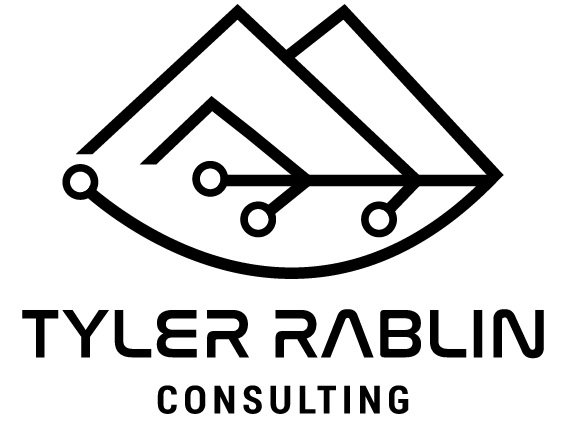Reading List - Assessment Systems and Strategies
My understanding and view of assessment has been in a period of immense growth and change over the past six months or so. I'm sure I'll eventually post plenty about it on here, but I'm just going to post my reading list for now. Here are a number of the texts that have radically changed my view on assessment.
Books: I haven't read every single page of every single book. Some only had a chapter or two that were directly related to something I was studying, but all of them are worth reading.
Books: I haven't read every single page of every single book. Some only had a chapter or two that were directly related to something I was studying, but all of them are worth reading.
- Common Formative Assessments: How to Connect Standards-based Instruction and Assessment by Ainsworth, Larry, and Donald Viegut (2006)
- Grading Smarter, Not Harder: Assessment Strategies the Motivate Kids and Help Them Learn by Dueck, Myron (2014)
- Definitely my favorite of the bunch.
- Classroom Assessment & Grading That Work by Marzano, Robert J. (2006)
- Formative Assessment & Standards-based Grading by Marzano, Robert J. (2010)
- What Works in Schools: Translating Research into Action by Marzano, Robert J. (2003)
- A Repair Kit for Grading: 15 Fixes for Broken Grades by O'Connor, Ken. (2011)
**Updates:
- Redefining Fair: How to Plan, Assess, and Grade for Excellence in Mixed-Ability Classrooms by Cooper, Damian (2011)
- Mindset: The New Psychology of Success by Dweck, Carol S. (2006)
- Not directly related to assessment, but valuable in understanding how assessment and feedback contributes to our students' mindsets for success and learning.
- A Handbook of Classroom Assessment by Trice, Ashton D. (2000)
- Not really focused on standards-based, but useful in gaining an understanding of what a reliable and valid assessment is or should look like.
Articles: Most of these are available for free from Educational Leadership, but you may have to be a member for some of them. The membership is the best money I've spent to help me grow as an educator.
- “Starting the Conversation About Grading” (Brookhart 2011)
- “The Arguments and Data in Favor of Minimum Grading” (Carifio & Carey 2013)
- "Thoughtful Assessment with the Learner in Mind" (Chappuis 2014)
- "Formative Assessment in Seven Good Moves" (Duckor 2014)
- “How I Broke My Rule and Learned to Give Retests” (Dueck 2011)
- "The Problem With Penalties" (Dueck 2014)
- “Grading Practices: The Third Rail” (Erickson 2010)
- "How Grading Reform Changed Our School" (Erickson 2011)
- "No Penalties for Practice" (Fisher, Frey & Pumpian 2011)
- "The Case Against the Percentage Grade" (Guskey 2013)
- "Helping Standards Make the Grade" (Guskey 2001)
- “How Classroom Assessments Improve Learning” (Guskey 2003)
- "In Search of a Useful Definition of Mastery" (Guskey & Anderman 2013/2014)
- "Grading Exceptional Learners" (Jung & Guskey 2010)
- “Classroom Assessment: Minute by Minute, Day by Day” (Leahy, Lyon, Thompson, & William 2005)
- "Grades The Show What Students Know" (Marzano & Heflebower 2011)
- "Seven Practices for Effective Learning" (McTighe & O'Connor 2005)
- "Reporting Student Learning" (O'Connor & Wormeli 2011)
- "The Value of a Pointless Education" (Percell 2013/2014)
- "The Case of the Illogical Grades" (Pijanowski 2011)
- "Leading to Change / Effective Grading Practices" (Reeves 2008)
- "The Case for Confidence" (Schimmer 2014)
- “Realizing the Promise of Standards-Based Education” (Schmoker & Marzano 1999)
- “Seven Reasons for Standards-Based Grading” (Scriffiny 2008)
- "The Mismatch Between Assessment and Grading" (Seeley 1994)
- “How and Why Standards Can Improve Student Achievement” (Sherer 2001)
- "The Bridge Between Today's Lesson and Tomorrow's" (Tomlinson 2014)
- "Grading for Success" (Tomlinson 2001)
- "Redesigning Grading – Districtwide" (Townsley 2013/2014)
- "How Good is Good Enough" (Wiggins 2013/2014)
- "The Right Questions, The Right Way" (Wiliam 2014)
- "Grading to Communicate" (Winger 2005)
- "Grading What Matters" (Winger 2009)
- "Redos and Retakes Done Right" (Wormeli 2011)
Other suggestions? Pass them on in the comments. I'd love to read them.
